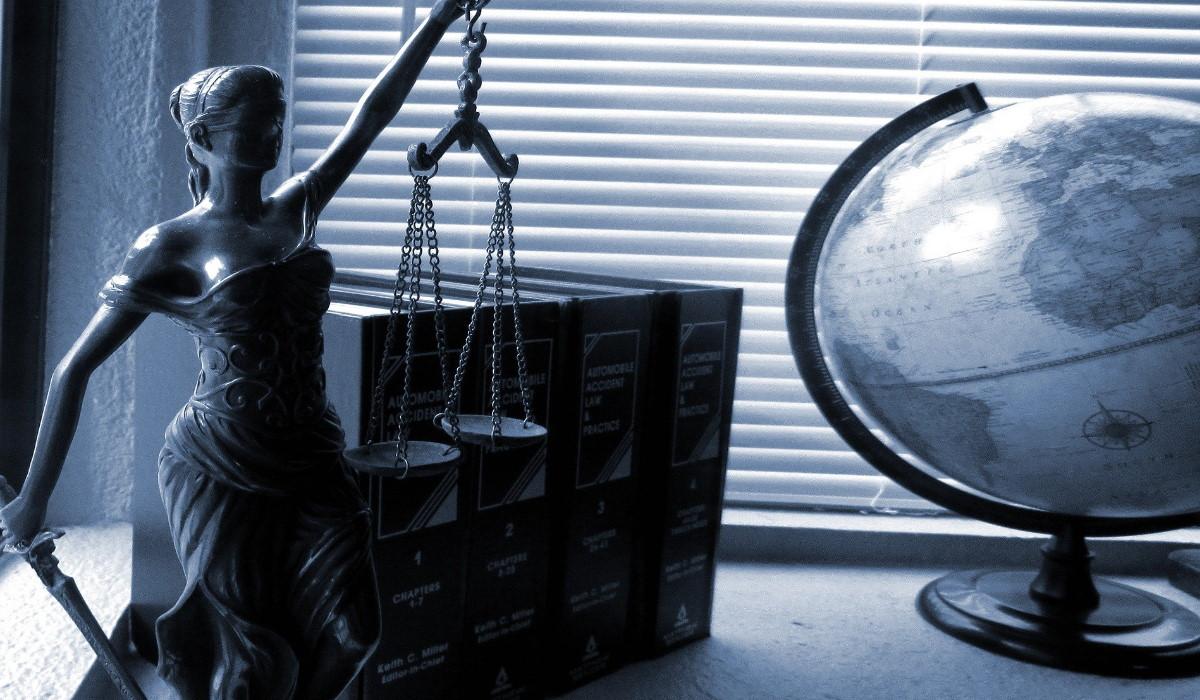Are lie detector tests admissible in court?
Nobody can be forced to take a lie detector test. To relieve the burden, such tests may be permitted with the consent of the person to be tested. You are welcome to find out more about the current legal situation and options. Important: Laws and regulations are subject to change. We cannot provide any binding information here.
- Extremely high probability at almost 100 percent.
- Top-notch equipment and latest software.
- Years of practical experience.
- Detailed evaluation including certificate.
Is a lie detector test admissible in court?
Whether a lie detector test is admissible in court depends on the country and the specific context. In some countries and jurisdictions, polygraph tests are permitted as evidence, while in others they are prohibited. For example, in the United States, polygraph tests are not permitted as evidence in federal courts, but some states and courts allow them in certain circumstances.
It is also important to note that lie detector tests should not be used as sole evidence in court and that they should only be used in conjunction with other evidence and investigations. There is also no guarantee that a lie detector test will be admissible in court, as it depends on factors such as the experience of the operator, the procedure used and the purpose of the test.
Is a lie detector test admissible in court in the USA?
Lie detector tests, also known as polygraph tests, are generally not admissible as evidence in court in the United States. The reason for this is that the reliability and accuracy of polygraph tests have been a subject of controversy and debate for many years. While they are used in some government and law enforcement agencies for background checks and security clearances, they are not considered a reliable or scientifically valid method of determining whether someone is telling the truth.
The main reasons why lie detector tests are not typically admissible in court include:
Lack of Scientific Consensus: There is no consensus among scientists and experts about the reliability of polygraph tests. The accuracy of such tests can be affected by various factors, including the skill of the examiner and the physiological responses of the individual being tested.
Potential for False Positives and False Negatives: Polygraph tests can produce both false positives (indicating deception when the person is telling the truth) and false negatives (indicating truthfulness when the person is lying). This undermines their value as evidence.
Invasiveness and Stress: The process of taking a polygraph test can be highly stressful, and individuals may exhibit physiological responses (e.g., increased heart rate, sweating) for reasons other than deception, such as nervousness or anxiety.
Violation of Fifth Amendment Rights: Some argue that requiring someone to take a lie detector test may violate their Fifth Amendment right against self-incrimination, as they could be compelled to answer potentially incriminating questions.
However, there are some limited exceptions and circumstances where polygraph results may be considered in court, such as when both parties agree to their admissibility or in specific jurisdictions that have different rules regarding their use. Additionally, polygraph results might be used during plea negotiations or pretrial proceedings, but they are rarely allowed as evidence during a trial itself.
Overall, the use and admissibility of lie detector test results in the United States vary by jurisdiction, and they are generally viewed with skepticism in the legal system due to their inherent limitations and potential for inaccuracies. Courts tend to rely on more established forms of evidence, such as witness testimony, documents, and physical evidence, to make determinations of guilt or innocence.
Make an appointment? Or do you have further questions? We are happy to provide answers by phone, WhatsApp or email.

